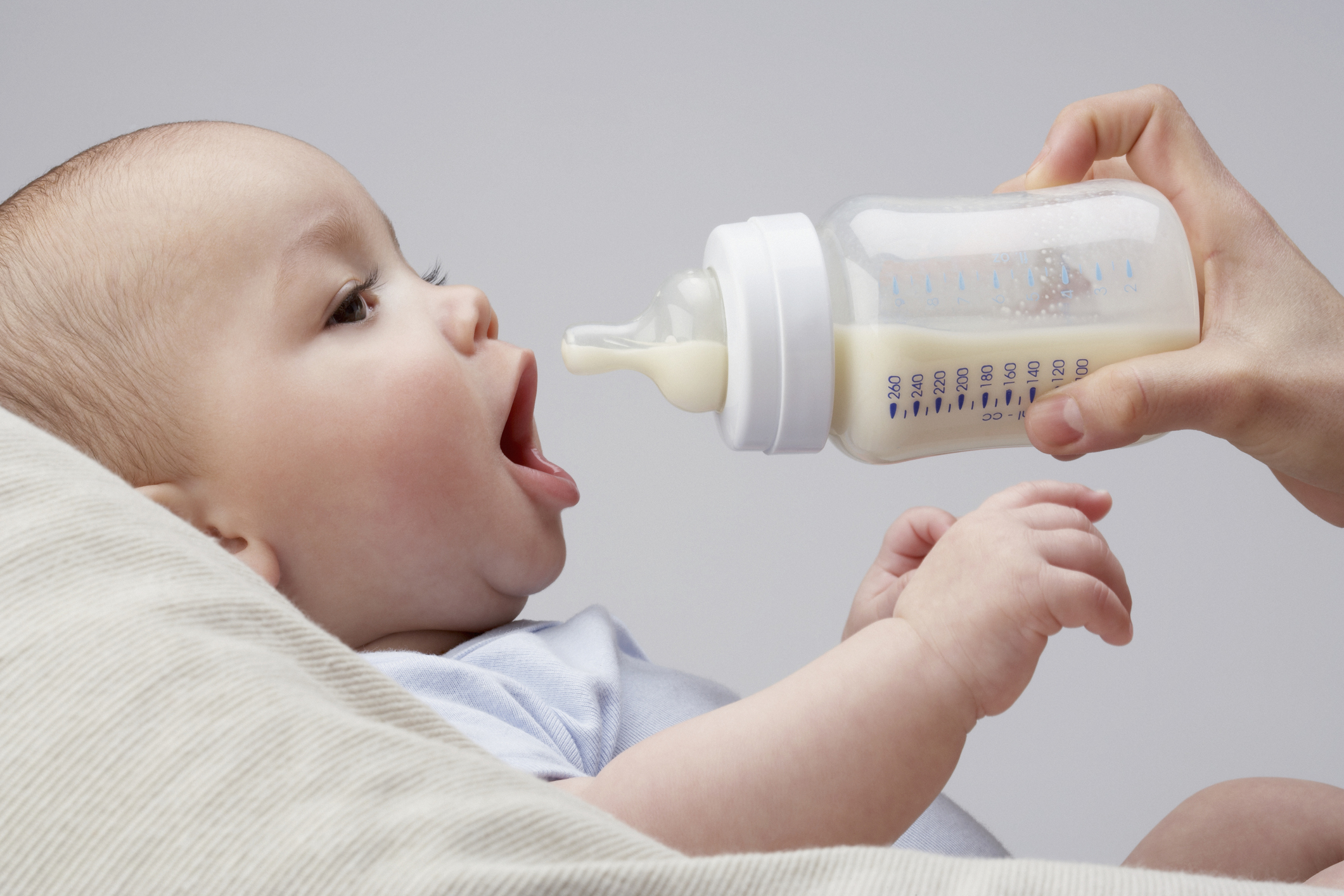The global body for food standards, guidelines and codes of practice, Codex Alimentarius, has published an updated standard on follow-up formula (breastmilk substitutes) for older infants aged 6-12 months, and ‘products’ (liquid of powdered drinks) for young children aged one and three.
The new standards, formally adopted by the Codex Alimentarius Commission in December 2023 after more than 10 years of work, cover nutritional composition, quality, safety, labelling, hygiene, contaminants, analytical and sampling requirements and more.
There are no comparable rules for Young Child Formula in the EU and Codex texts are voluntary so do not have binding effect on national food legislation.
SNE argues these rules are essential for the establishment of strict, specific and science-based composition criteria for Young Child Formula (YCF) for infants aged one to three as there are currently no standards on nutritional composition of formula products for young children in the EU, only for formula for infants aged up to 12 months.
“For Young Child Formula, the number of mandatory micronutrients has been reduced compared to follow up formula, with 8 mandatory micronutrients (vitamin A, vitamin D, riboflavin (vitamin B2), vitamin B12, vitamin C, iron, calcium and zinc),” Beat Späth, SNE’s Secretary General told NutraIngredients.
“From a macronutrient perspective, energy is decreased, protein is decreased, a maximum is established for available carbohydrates and the fat content is adjusted. This represents a major global reformulation exercise that will align these products to the latest science in countries that will implement these new requirements.”
What is Codex Alimentarius?
The Codex Alimentarius, Latin for ‘food code’, is a collection of internationally recognized standards, codes of practice, guidelines, and other recommendations published by the Food and Agriculture Organization of the United Nations relating to food, food production, food labelling, and food safety.
SNE president Marie-France Pagerey added: “According to the European Food Safety Authority (EFSA), young children in Europe usually consume too much protein and too little iodine, iron, omega-3 fatty acids and vitamin D2.
“Drinking Young Child Formula helps ensure that young children take in these essential nutrients in adequate amounts and can help address certain nutritional gaps. There is insufficient regulation in the EU to protect this vulnerable group, when compared to much stricter regulation governing other foods for infants and young children.”
SNE Secretary General Beat Späth added: “Young children are not mini adults; they have specific nutritional needs. But unlike at the global level, there are no specific rules in the EU for the composition and labelling of young child formula.
“Products with inappropriate composition, such as with high sugar content, inadequate levels of added nutrients, targeting this age group could therefore be legally placed on the EU market.”
SNE is calling on European decision-makers to support regulation of Young Child Formula at EU level, by implementing the newly revised international Codex Standard.
The international association on special dietary foods ISDI (the International Special Dietary Foods Industries) has applauded the new rules, stating that the revised macronutrient balance between proteins, lipids and carbohydrates, in particular, better reflects the dietary requirements of young children.
“ISDI supports the implementation of the new Standard across countries globally,” commented ISDI Secretary General Jean Christophe Kremer. “The revised Standard will enable these products to better support the healthy growth and development of older infants and young children. We remain committed to working with authorities at national level to introduce these products according to the new set of rules. We call on authorities to ensure a smooth transition in its implementation.“
